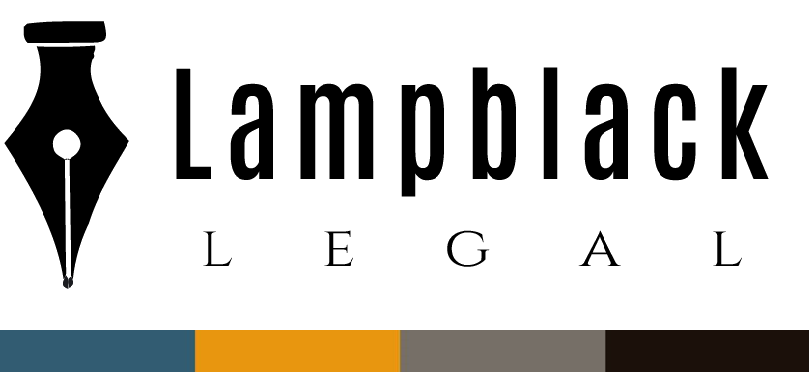How to safeguard an idea
One question that frequently arises in the entrepreneurial world is how to safeguard an idea. For example, you have an idea for a new app that you think is unique, that no one has replicated and that you think has enormous potential. You know that time is of the essence but are reluctant to share the idea because someone might steal it. What can you do? The answer is that there’s no easy way to safeguard an idea - intellectual property protection doesn’t extend to a business idea. For example, if you have an idea for a food truck that specializes in instant vegan hotpot in Brooklyn, you can protect the name you give your business by trademarking it (assuming it’s trademarkable, which is another topic), you can copyright aspects of your menu, and if you use a new type of oven technology you can even consider exploring a potential patent. You can’t however prevent someone else from setting up a competing food truck that also sells instant vegan hotpot.
So what can be done? Firstly, be discreet. Announcing your idea to the world before it’s fully formed or before you’ve taken concrete steps to determine its feasibility is unwise - a potential competitor is more likely to run with your idea if you haven’t done it yet. Secondly consider using NDAs - Non-disclosure agreements. These are contracts where the information recipient (i.e. the person you’re sharing your idea with) pre-agrees to keep the information you’ve shared with them confidential and to only use it for particular purposes related to your business.
Secondly, understand what the NDA does, and doesn't do. Enforcing it will be expensive (perhaps prohibitively so) and is no substitute for trust. Once you've told an untrustworthy counterparty your idea, you can't un-tell them. This is where intuition comes in.
Thirdly, if the information becomes public it is no longer confidential, meaning that the obligation to treat it confidentially expires. "Public" doesn't necessarily mean that it's published in a newspaper or online, it can be any situation where you've shown that you're not intending to keep it confidential.
So what to do when discussing the information casually with friends? If they're potential co-founders it makes sense to have an NDA in place, if for no other reason than it indicates the seriousness with which you are taking the situation. It also helps to manage expectations and set boundaries by setting out that you view yourself as having ownership of the idea and that you're intending to potentially monetize it too.
What form to use? Most NDAs have the same core structure - they set out the definition of confidential information which is typically exhaustive (one very long run on sentence designed to capture absolutely everything under the sun), a term (e.g. 2 years), a purpose for which the confidential information can be used (e.g. only in furtherance of a potential business relationship between the parties) and exceptions to the obligation to treat confidential information confidentially - e.g. if required to by a court order, or if the information has already been disclosed. Provided it has these core terms and is not overly complicated, it's fit for purpose.
Taking this three-pronged approach will go a long way toward protecting a business idea.
